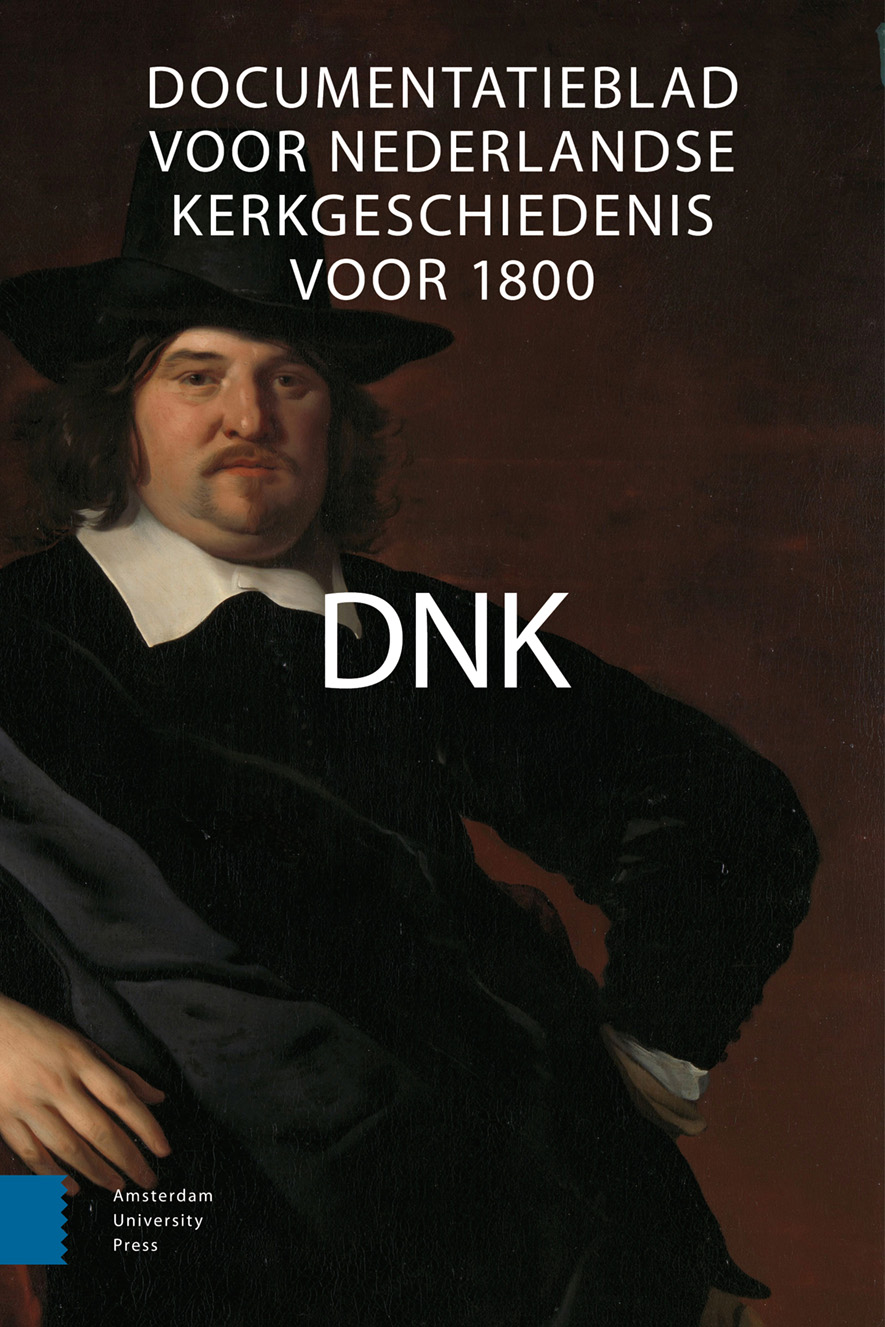-
oa De kerk als alternatief voor de natie
Een visie op de vroege oecumenische beweging
- Amsterdam University Press
- Source: DNK : Documentatieblad voor de Nederlandse kerkgeschiedenis na 1800, Volume 43, Issue 93, Dec 2020, p. 159 - 172
-
- 01 Dec 2020
Abstract
The ecumenical movement started at the time of the First World War and was molded by the nationalism that ignited this war. In 1914-1918 it became clear that the nations had become a hindrance for the churches. At first, internationalism seemed the answer to this problem, but in the 1920s and 1930s it turned out that internationalism still was too abstract, and nationalism was still too dominant. In the early 1920s W.A. Visser ’t Hooft was active in the international Christian student movement, where he learned the relevance of Christianity as an alternative for nationalism, and in the 1930s he explicitly chose for the church as an alternative for the nation. In order to make the church relevant over against nationalism and rising totalitarianism the national, liturgical and confessional differences between churches had to be overcome to enable the church to speak with one voice. This aim was not realized yet at the time of the Second World War, but the ecumenical movement encouraged churches to formulate its own identity and develop its own mission amidst nationalism and totalitarianism.


